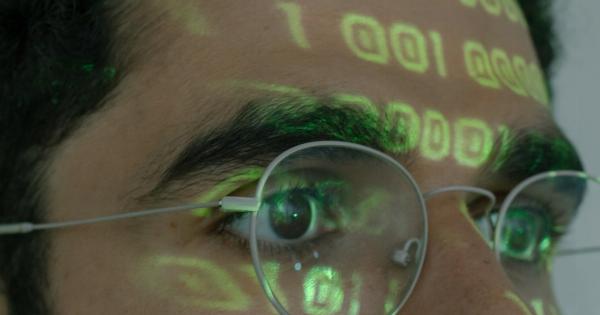Week 14 of pregnancy is a significant milestone for both the mother and the baby. At this stage, several crucial developmental changes occur, setting the foundation for the growth and well-being of the fetus.
In this article, we will discuss ten important developmental changes that take place during week 14 of pregnancy.
1. Rapid Growth
During week 14, the baby’s growth rate accelerates, and their size increases considerably. Most of their bodily systems have formed, and they are now primarily focused on development and growth.
2. Nervous System Development
The nervous system continues to develop at a rapid pace during week 14. The baby’s brain is developing rapidly, and the neural connections are becoming more complex.
These connections are vital for the coordination of movements and overall neurological function.
3. Facial Features
By week 14, the baby’s facial features are becoming more defined. The eyes, nose, and mouth are more prominent, and the baby may even start to practice facial expressions, although it is not yet visible to the mother.
4. Musculoskeletal System Development
The musculoskeletal system, including the bones and muscles, undergoes significant development during week 14. The baby’s limbs are getting longer, and their joints are becoming more flexible, allowing for a wider range of movements.
5. Sucking and Swallowing Reflexes
At this stage, the baby develops the ability to suck and swallow. These reflexes play a crucial role in feeding once the baby is born. The baby may even start sucking their thumb or fingers in the womb, which is an important self-soothing mechanism.
6. Reproductive System Differentiation
During week 14, the reproductive system begins to differentiate, and the external genitalia become more distinct. However, identifying the baby’s sex through an ultrasound scan may still be challenging at this point.
7. Placenta Development
The placenta, which nourishes and supports the baby throughout pregnancy, continues to develop and increase in size. It plays a crucial role in providing oxygen and nutrients to the baby while filtering out waste products.
8. Fetal Movement
By week 14, the baby’s muscles are becoming stronger, and they may start making tiny movements. Although the mother may not feel these movements yet, they mark an essential milestone in the baby’s development.
9. Development of Five Senses
The baby’s sense organs, including the eyes, ears, nose, and taste buds, continue to develop during week 14. Although functional senses will develop fully over time, by this stage, the baby is already sensitive to light and touch.
10. Enhanced Brain Activity
As the baby’s brain continues to develop, brain activity becomes more prominent during week 14. The baby can make spontaneous movements and respond to external stimuli.
The brain’s complexity is rapidly increasing, setting the stage for future cognitive development.






























